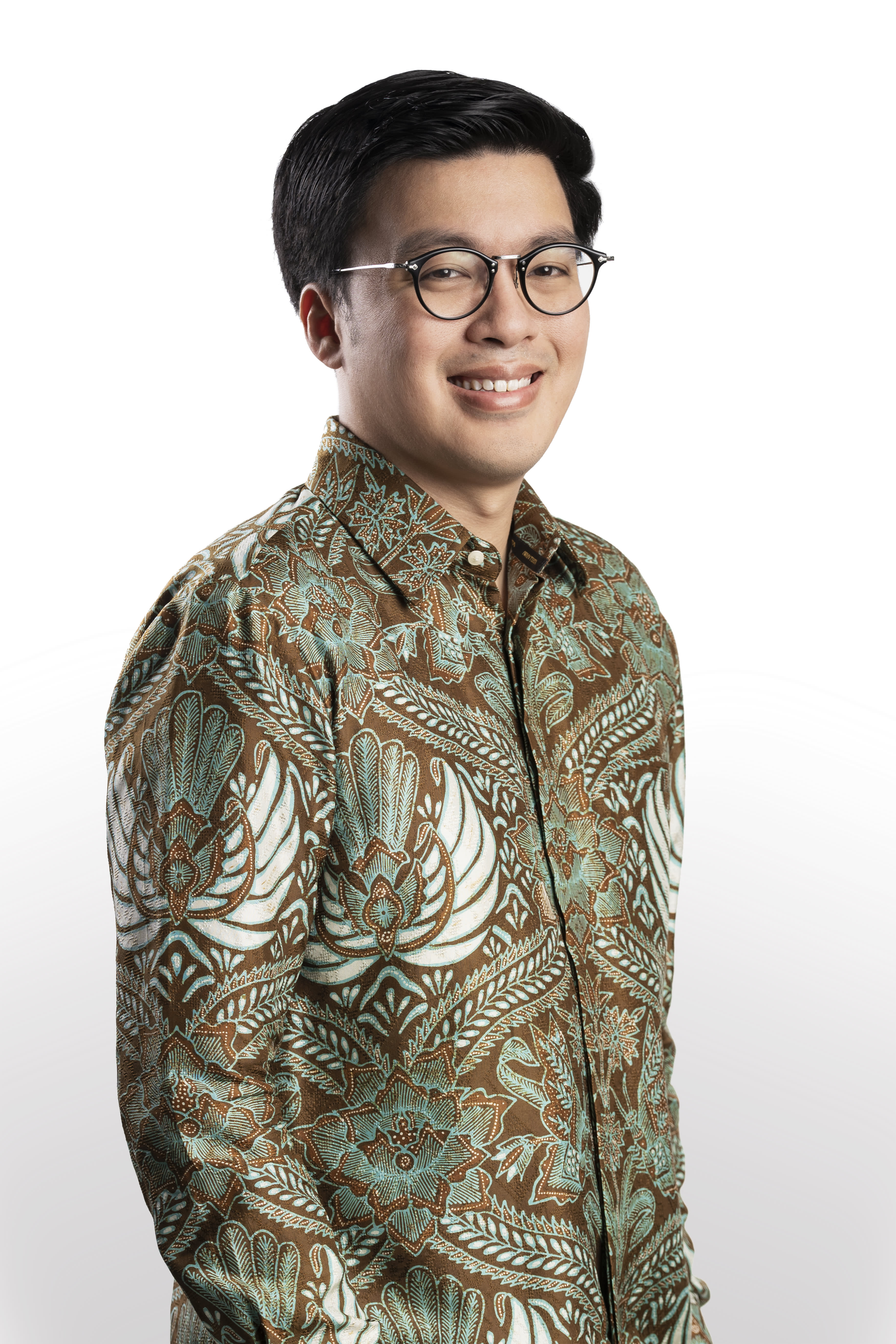Southeast Asia’s start-up scene is heating up.
This year alone, two of the region’s biggest names — on-demand platforms Grab and GoTo — announced their plans to go public in what investors see as a major milestone that could spawn further entrepreneurship.
And now is the perfect time for new entrepreneurs to get started, according to the co-founder and CEO of Indonesian ride-hailing giant Gojek — part of the newly-merged GoTo Group.
“I think we’re about to enter the golden age of technology companies in Indonesia and the rest of Southeast Asia,” Kevin Aluwi told CNBC Make It.
A unique opportunity in Southeast Asia
A lot has changed in the decade since Aluwi set out with two friends to disrupt Indonesia’s motorbike taxi market.
Valued at more than $18 billion following its merger with Tokopedia, the company is one of several billion-dollar unicorns to have emerged from the region, including Sea Group, Bukalapak and Carousell.
Yet, the vast opportunity Aluwi and his peers identified all those years ago still remains today, he said.
We get to build these very large, fast-growing platforms. But, at the same time, it creates a tonne of impact for millions of people.
Kevin Aluwi
co-founder and CEO, Gojek
Southeast Asia is home to a large, youthful population eager to embrace new technologies. Indonesia alone boasts the world’s fourth-largest population with a median age of 29.7.
But more than that, with much of the region still in its development stage, there are huge opportunities for start-ups to create real-life solutions for society, said Aluwi.
“What’s really unique and great about Indonesia and Southeast Asia [is] there’s actually a deep alignment between what’s good for business and also what’s good for society,” he said.
Kevin Aluwi, co-founder and CEO of Indonesian ride-hailing platform Gojek, part of GoTo Group.
GoTo Group
As such, when starting Gojek, Aluwi sought to support Indonesia’s millions of previously marginalized motorbike taxi drivers — known as ojeks — by connecting them with frequent, on-demand jobs such as ride-hailing, food delivery and courier services.
“The fact of the matter is, the biggest opportunity is in the informal economy; very different from maybe more developed economies,” he added.
‘Time travel’ as a success strategy
It’s an observation that has seen the company, under the wider GoTo umbrella, establish itself as a key player in Indonesia’s economy. Today, the group says it contributes 2% to Indonesia’s $1.1 trillion GDP through its on-demand, e-commerce and financial services products.
“It speaks to the opportunity in Indonesia and the rest of Southeast Asia that we get to build these very large, fast-growing platforms. But, at the same time, it creates a ton of impact for millions of people at the bottom of the pyramid,” said Aluwi.
We kind of have this time travel machine; you can learn and draw inspiration from around the world.
William Tanuwijaya
co-founder and CEO, Tokopedia
Yet, Aluwi acknowledged that companies like his own have also benefited from the region’s initial delay in digital adoption, allowing them to capitalize on the smartphone era.
“What we see in developing economies is that there is an opportunity to leapfrog,” he said. “When there isn’t as established products and services and habits that might have been more ingrained in more developed economies, there’s an opportunity to jump straight into better and newer technologies.”
William Tanuwijaya, co-founder and CEO of Tokopedia, part of Indonesian tech giant GoTo.
GoTo
It’s a concept Aluwi’s counterpart at Tokopedia refers to as “time travel.” Having started his e-commerce company in 2009, during the advent of the internet in Indonesia, William Tanuwijaya was able to look to successful internet pioneers in advanced economies and follow their lead in his home market.
“We have the benefit of growing a technology company in an emerging market, so we kind of have this time travel machine; you can learn and draw inspiration from around the world,” he said.
Beware the ‘allure’ of entrepreneurship
Yet, despite the burgeoning opportunities for Southeast Asia’s business owners, Aluwi warned against the “allure” of entrepreneurship, which can attract people to it for the wrong reasons.
“There are all these things that attract people to it,” he said. “But, to me, these are the outcomes of actually figuring out and focusing on specific problems and delivering great products to solve those problems.”
Building a company is hard and often frustrating, he said, and aspiring entrepreneurs need to be sure they’re willing to deal with the failures, as well as the wins.
“Not falling in love with the problem and obsessing over the solution means that the ups and downs of building a company are probably not something that most people will persevere through,” he added. “And perseverance is really important.”
Don’t miss: Not ‘born special’: How this founder defied critics who dismissed his multibillion-dollar business
Like this story? Subscribe to CNBC Make It on YouTube!
